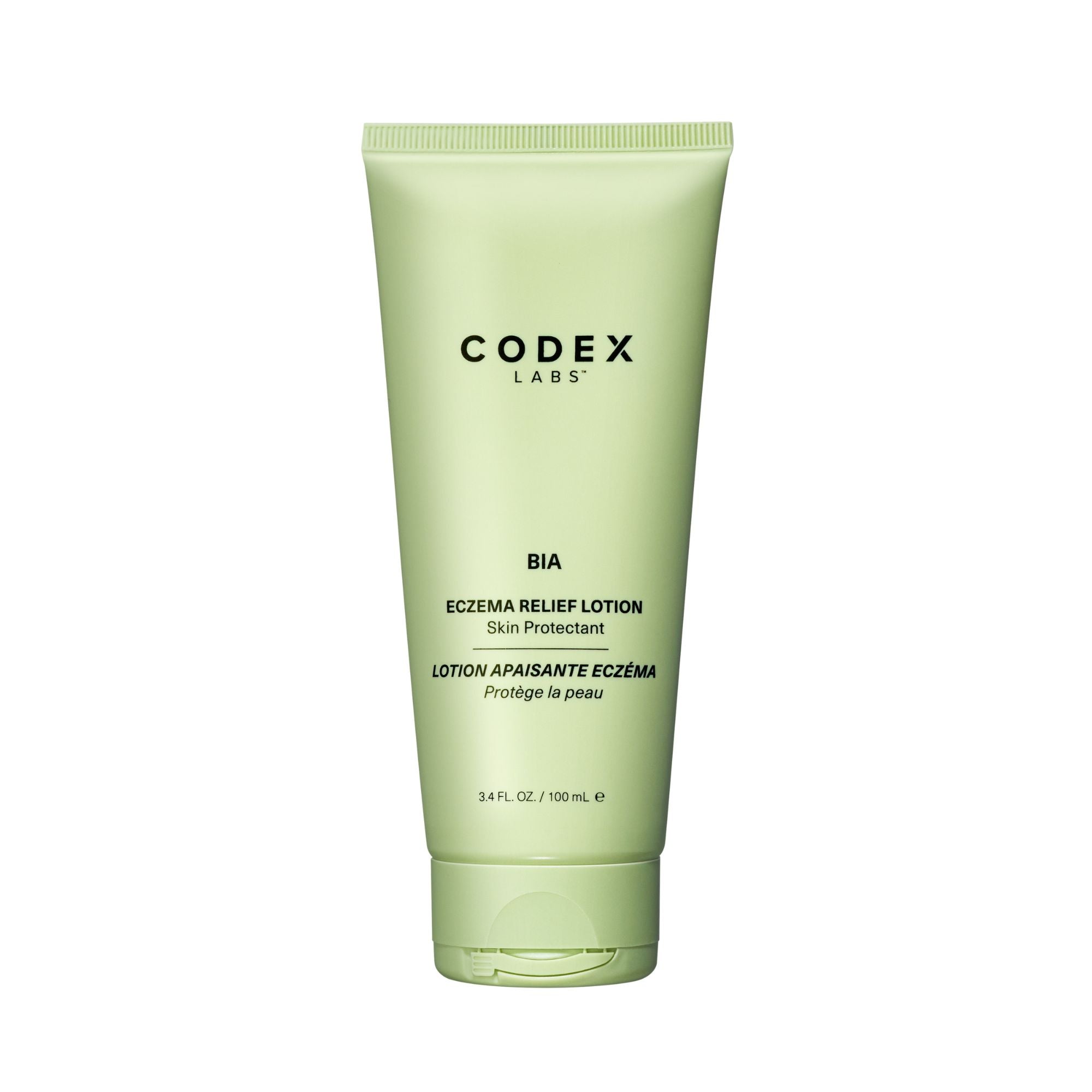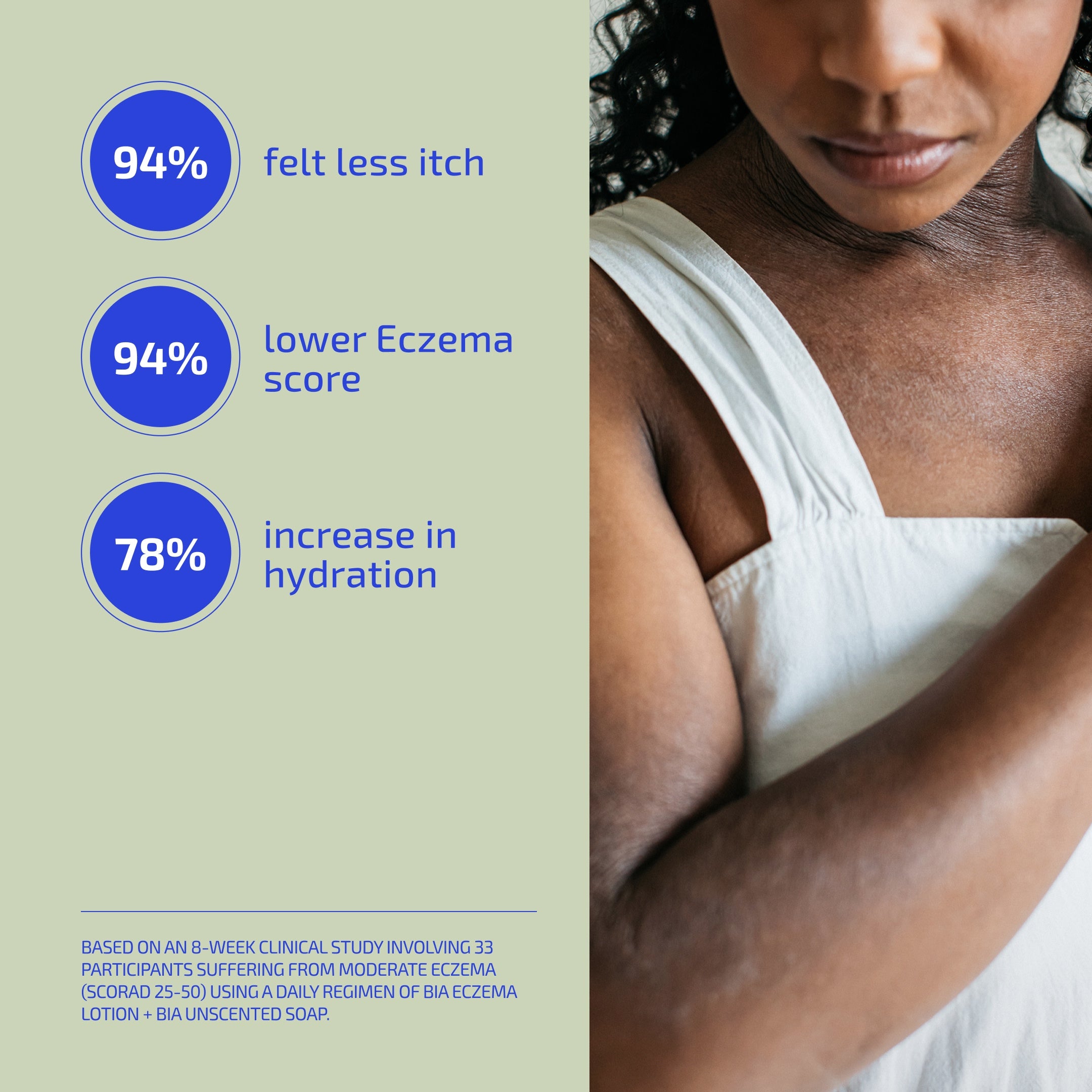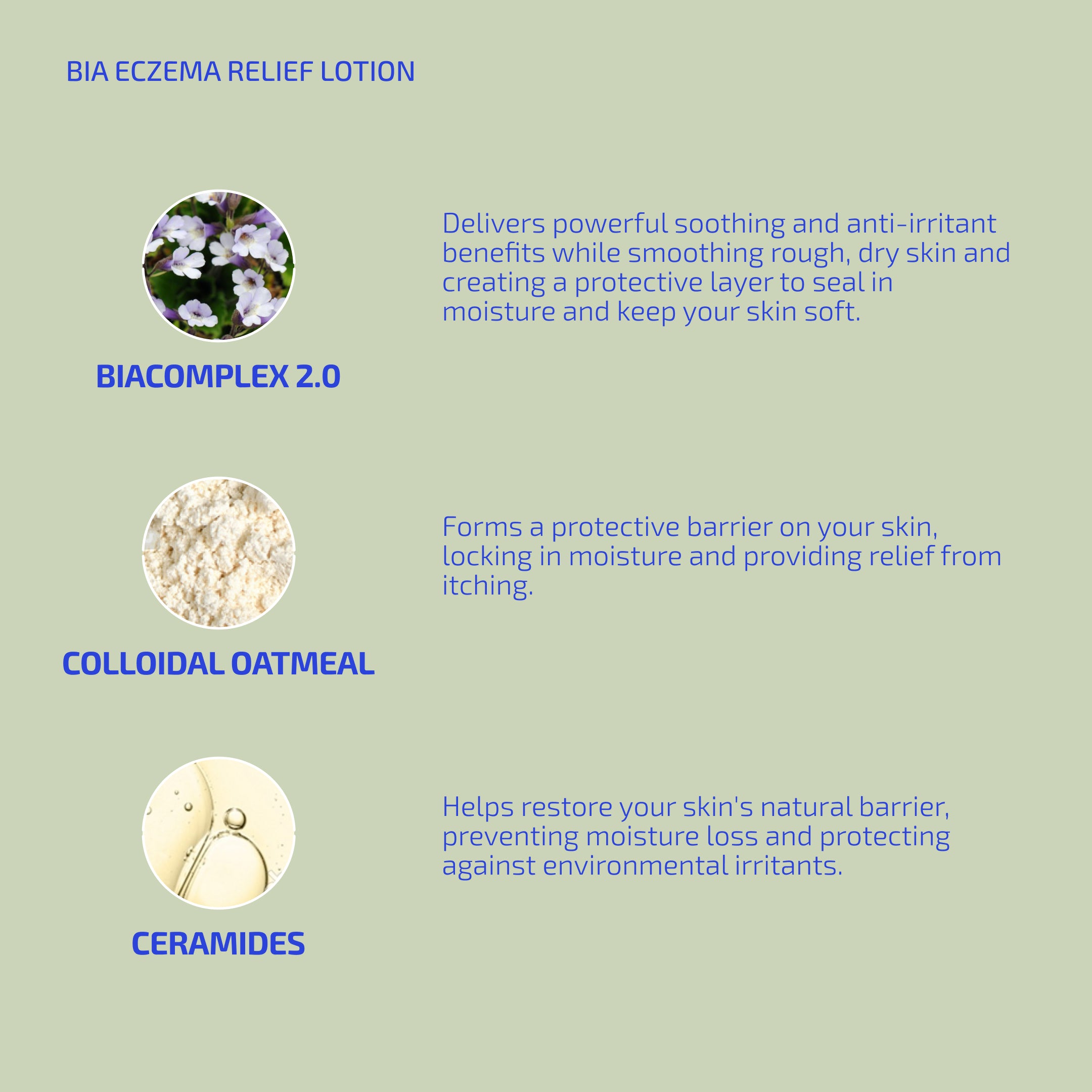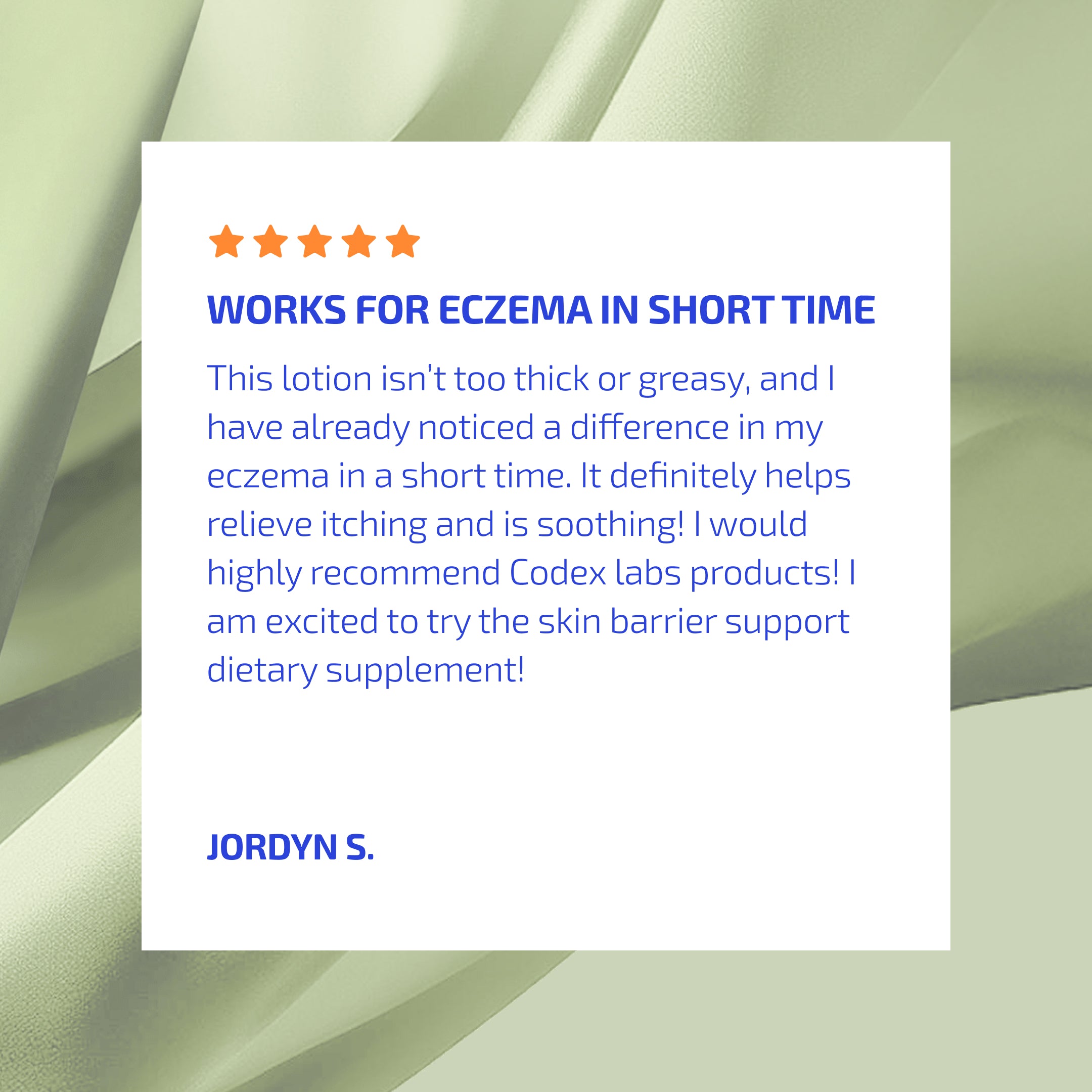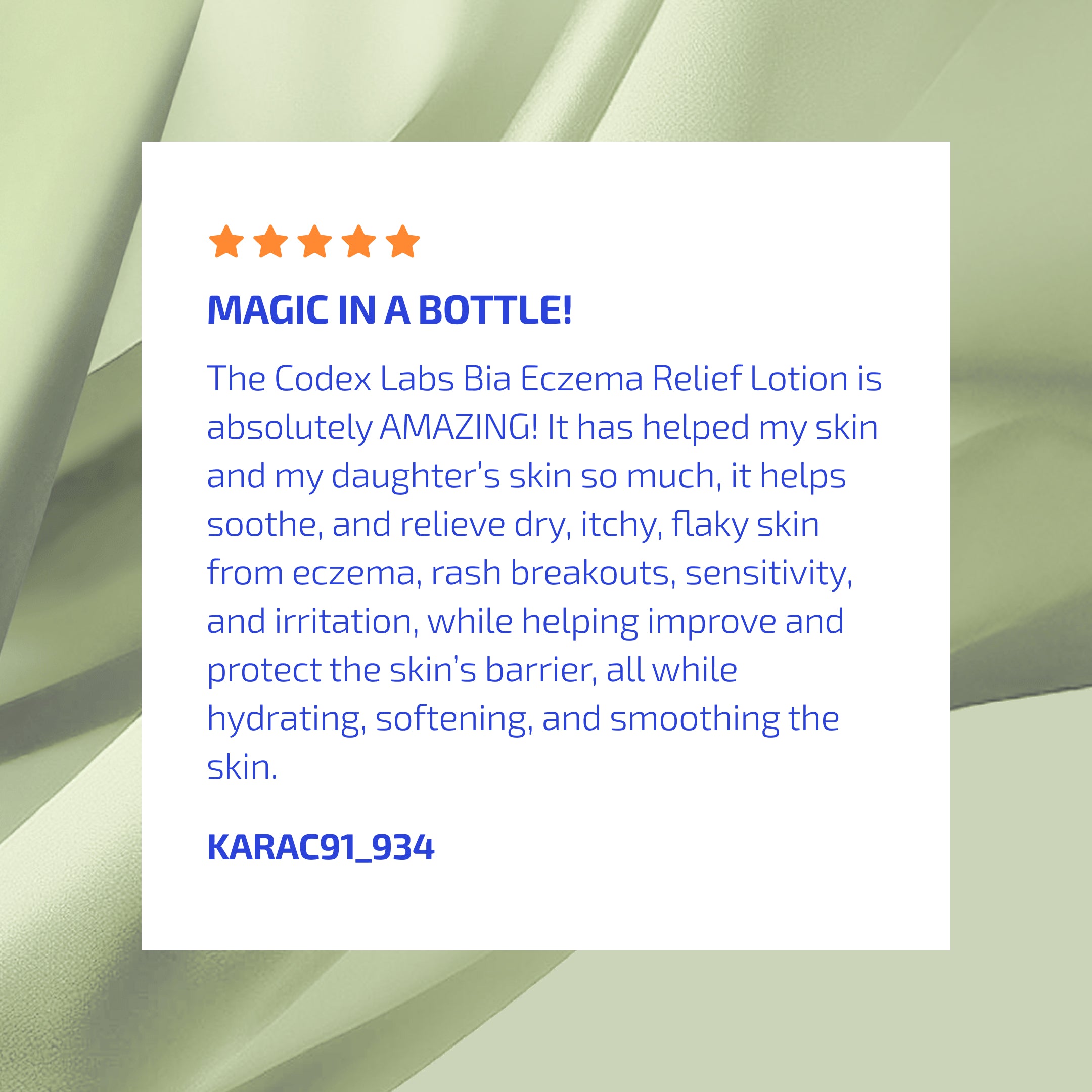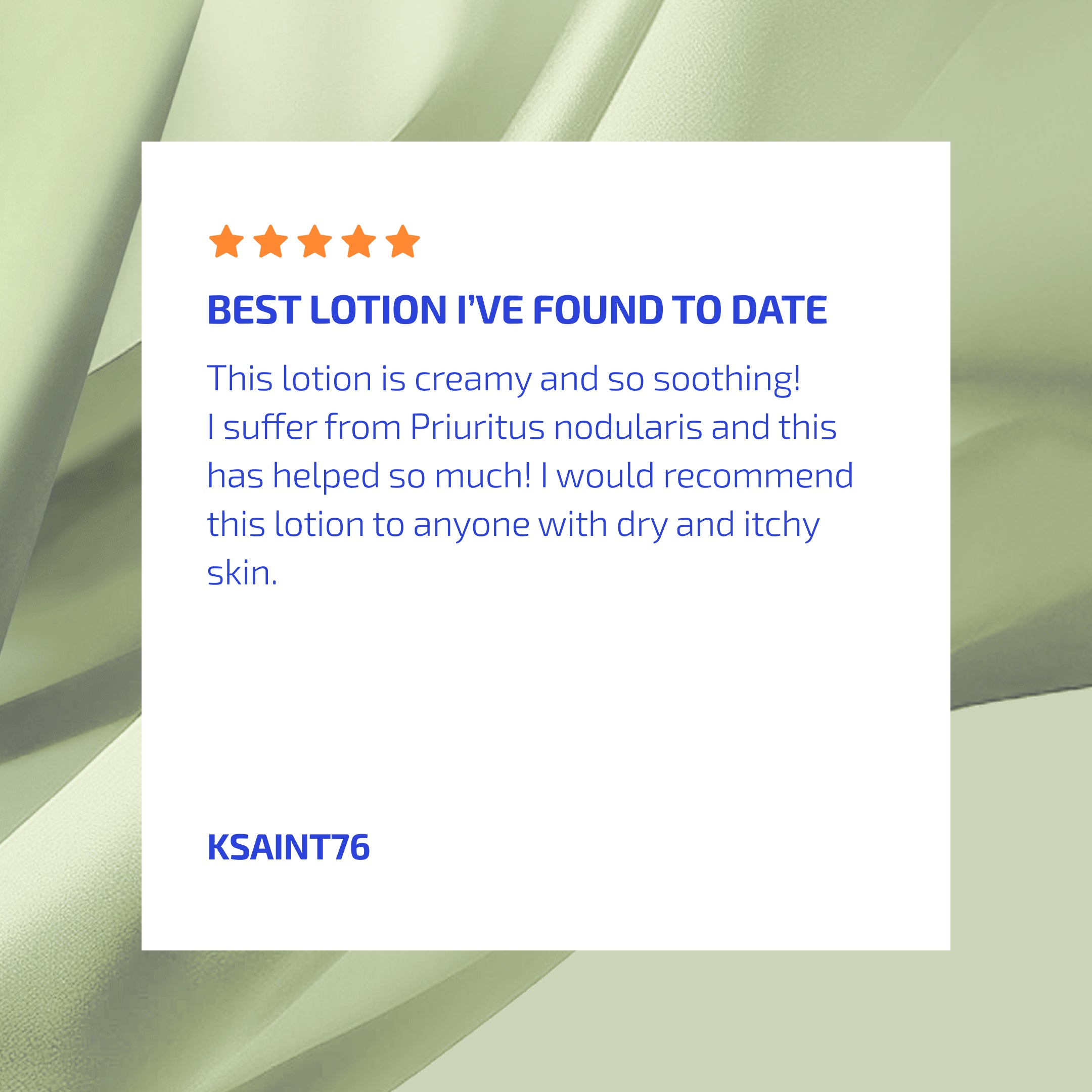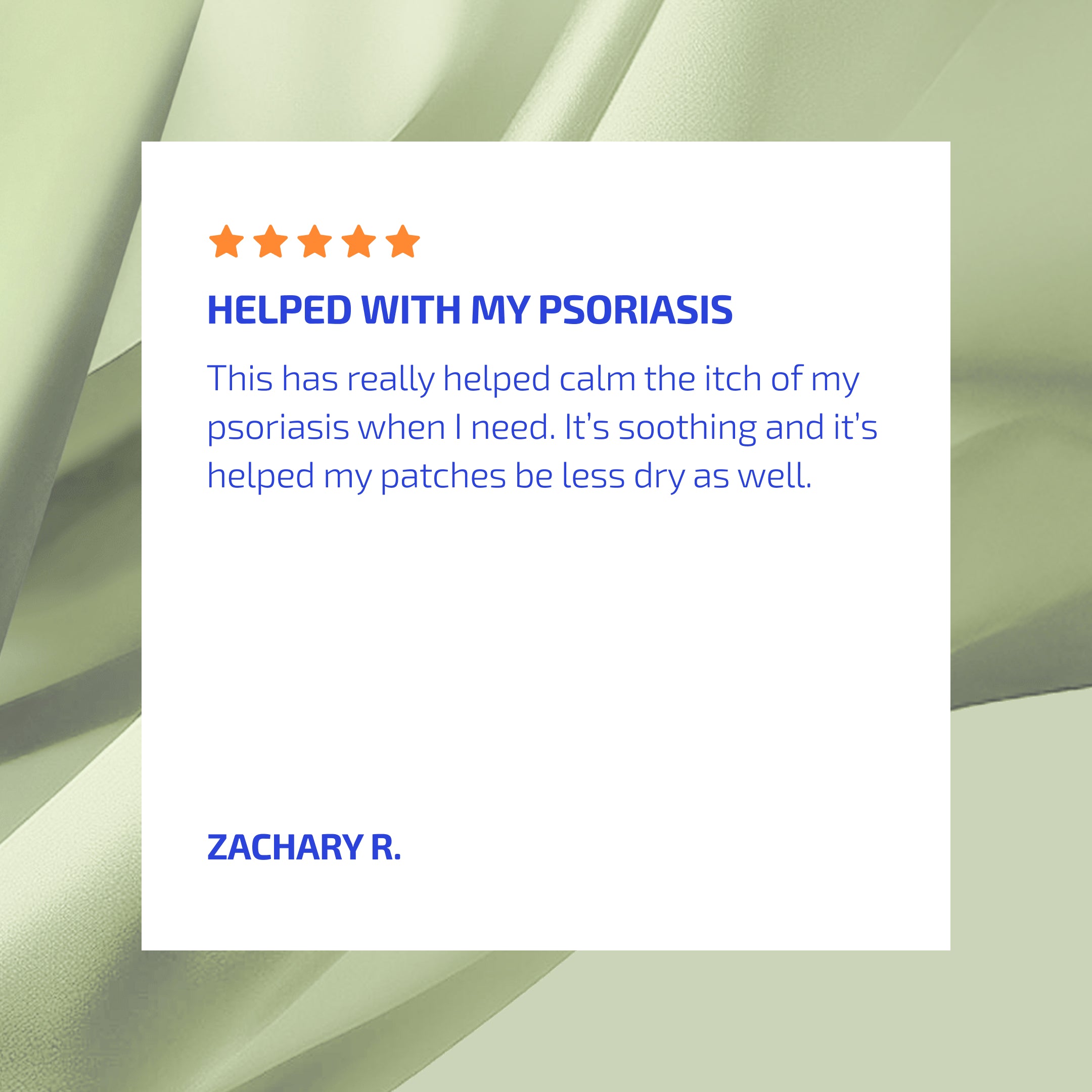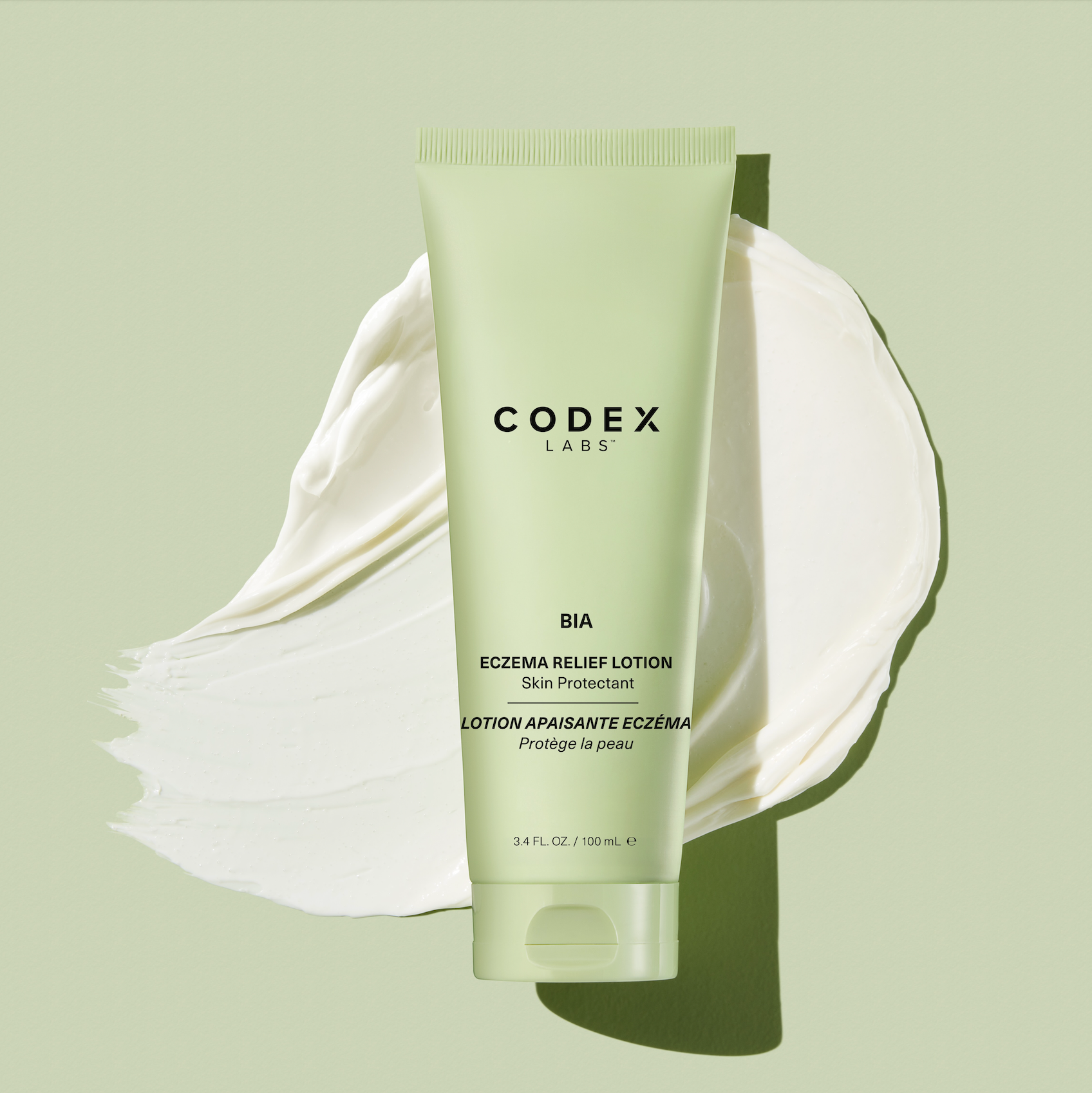Get a closer look inside Codex’s probiotic-based preservative system and patented biotech skin care, with our scientific advisor, Marc Connell, and patent specialist, Steve Trzaska. This is why our products are exceptionally pure—and safe—for your skin.
What exactly is in Codex’s probiotic preservative system? Why is using probiotics for skin care so innovative?
“Our proprietary, patented preservative system is based on a blend of probiotics created by the fermentation of Lactobacillus—a species of microorganisms used to ferment foods, such as sauerkraut or kimchi. And like many other members of the lactic acid bacteria family, it can restrict the growth of other microorganisms by making its environment acidic. It also produces antimicrobial peptides, called bacteriocins, that provide broad-spectrum protection. That being said, lactobacillus ferments are very skin microbiome friendly, and help create an environment to support microbiome balance.
We further enhanced our probiotic skin care preservative with coconut oil, which has natural antifungal, antibacterial and antiviral properties. Its medium-chain triglycerides, such as lauric acid, disrupt the cellular structures of fungus, and help moisturize skin.
Next, we added potassium sorbate, a well-known preservative often used in the food industry. It is the potassium salt of sorbic acid, which is isolated from rowan berries, and offers good protection against yeast and molds.
And finally, we included plant-based, petroleum-free propanediol, which allows us to reduce the amount of other preservatives used in the formulation. It also imparts humectant benefits that help skin to retain moisture and has an excellent skin feel. It’s derived from a sustainable, renewable corn fermentation process.”
Is this powerful, but gentle-on-skin, system used in all Codex products?
“Not all our products contain water and so these anhydrous products do not require preservatives. Instead, we rely on effective antioxidants to prevent oils and butters from going rancid. We ensure that all of the botanical oils we use in our products are stabilized with an antioxidant such as vitamin E. Additionally, we use both vitamin E and a special rosemary antioxidant ingredient in our water-free, anhydrous products.
We also take into consideration that some water-free products, however, will come into contact with water. Think of a body scrub that’s used in the shower. Water can get into the container and create an environment for microbial growth, so we add in probiotic preservatives to help safeguard the product — and consumer – while supporting the natural skin microbiome.”
Does Codex use microbiological challenge tests to confirm our preservatives work effectively?
“Yes we use a microbiological challenge test or Preservative Efficacy Test (PET) carried out by a lab to confirm that our preservation system is working. This test involves inoculating our biotech skin care products with a mixture of bacteria, yeast, and mold, then measuring the levels of the microbes over time, typically 28 days.
If the number of microorganisms in the product does not fall to acceptable levels, the product fails the PET and does not go to market. This is performed several times during the product development stage to absolutely ensure 100% product safety.”
How long is the shelf life of skin care products with a probiotic preservative system?
“Most of our probiotic skin care products have a proven shelf life of three years or longer. By utilizing good manufacturing practices (GMP), coupled with airless packaging, the shelf life of our products rivals that of conventional skin care products, which is a first for natural skin care.
But a more accurate time frame is to look at the “after opening” interval. You will find a symbol on the product, such as an open jar, together with a number and the letter M (for example: 6M). This represents the number of months a product is good for once opened. I believe this method of identifying a product’s shelf life better reflects the actual usage period. I feel that consumers are more aware of this expiration issue now and are actually dubious of much longer shelf lives.”
Want to learn more about the skin microbiome and the importance of incorporating probiotic skin care into your daily routine? Read about what the microbiome does and how to keep it healthy here.


